Growing blueberries
Growing blueberries, for most people, is not normally the first idea that comes to mind when thinking about growing fruit in your garden. However, blueberries are one of what are now described as the ‘Superfoods’ because they are highly nutritional and crammed with antioxidants, and therefore it certainly seems a good option to me. Acid soil, suitable for heathers and rhodedendrons, is essential to successfully grow blueberries.
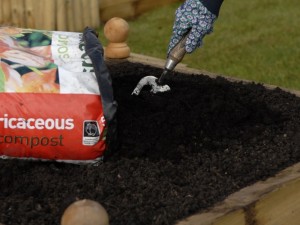 |
1. In a garden with an alkaline soil, blueberries should be grown in containers or raised beds filled with ericaceous compost or they will not survive. |
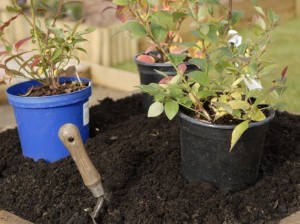 |
2. Blueberries are most productive if you grow different varieties together to ensure cross pollination and heavier fruiting with bigger fruits. |
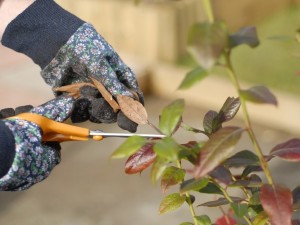 |
3. Blueberries are generally pest and disease free and require little pruning or training. Remove dead or damaged growth in the winter. |
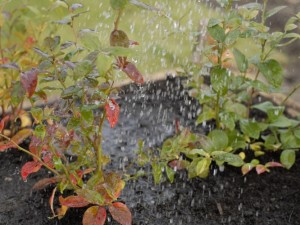 |
4. Water copiously for good crops, but avoid using tap water, which might contain lime. Instead, use rain water, which is naturally slightly acidic. |
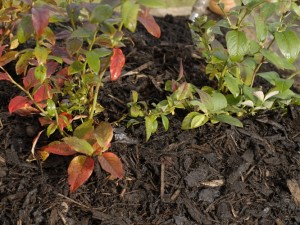 |
5. Mulch heavily with chipped bark to maintain the acidity of the soil, retain moisture, and suppress weeds. Keep birds away from fruit with netting. |
Blueberry tips
- Depending on variety, blueberry bushes can easily grow up to 2m high, so when choosing your plants, feel free to go ‘big’ if you’ve got the space, or opt for smaller varieties if required.
- Depending on variety, spacing recommendation between bushes will vary. As always, pay close attention to supplier instructions.
